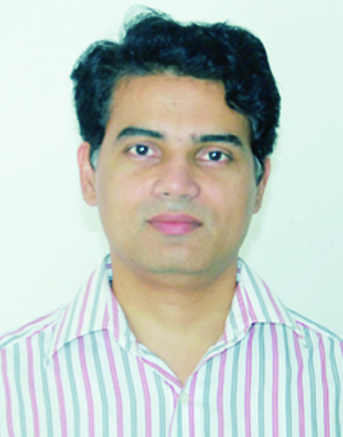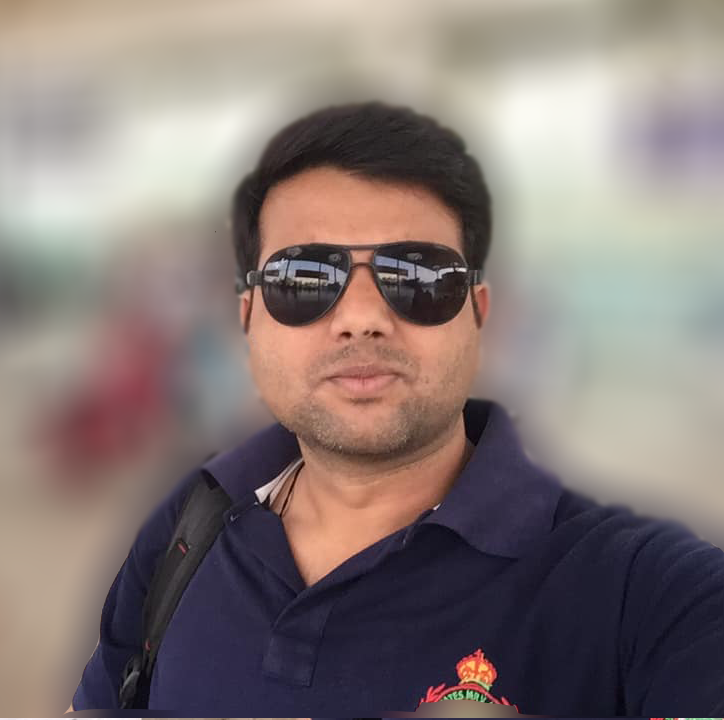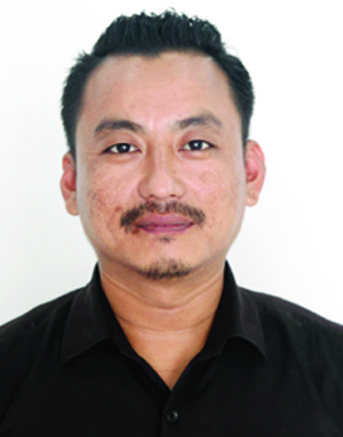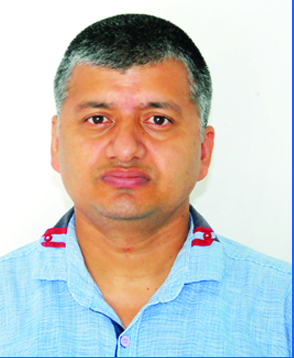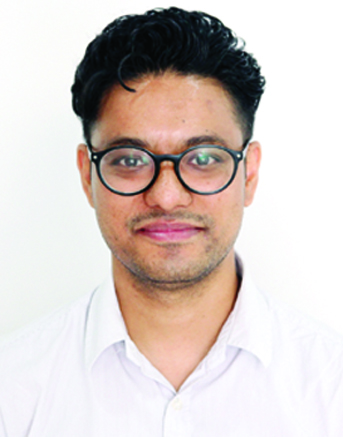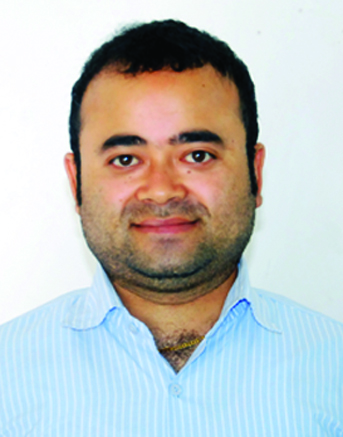Pragati Tole, Dhumbarahi , Kathmandu
info@nationalcollege.edu.np
977-01-4420871
About Us
Notices
Exam Schedules
Results
News & Events
Our Courses
Meet Our Team
MR MADHAV P NEUPANE
(Principal )
PROF DR DB ADHIKARY
(Chairman )
MR UJJWAL UPADHYAY
(Sr. Program Coordinator (BDevS) )
MR INDRESH SHARMA
(Sr. Research and Development Officer )
DR. BINAY K MISHRA
(Program Coordinator (BoSS) )
MR GALIJANG SHAMPANG
(Program Coordinator (BDFin) )
MS REETU SHARMA
(Planning and Development Officer )
MR TULSI POUDEL
(Administrative Officer )
MR ASLESH SHRESTHA
(Economics Faculty )
MR RABINDRA SHRESTHA
(ICT-Inchagre )
MR RAJKUMAR MAHARJAN
(Librarian )
Our Image Gallery
Our Video Gallery
Our FAQ
1. How many seats are available in the programs?
|
Program |
Candidates |
|
|
Nepalese |
International |
|
|
BoSS |
30 |
3 |
|
BDevS |
60 |
6 |
|
BDFin |
40 |
4 |
2. What are the minimum requirements for admission?
• Higher Secondary Level completion Transcript with Minimum 45% or 2.0CGPA in aggregate.
• For CBSE (India), minimum 45% in the aggregate marks
• For Advance Level, minimum Grade D in three subjects
• For other streams, as per KU policy.
• Students must pass KUSAAT examination
• Students, who have passed grade XI and waiting for the results of XII can also appear in the KUSAAT examination.
• Students, who have passed KUSAAT must also appear for interview
3. What will be the structure of KUSAAT examination?
• KUSAAT will include the following format:
• Letter of Interest
• Essay Writing
• The KUSAAT examination will be for 1 hrs.
This will be followed by Viva Voce
4. What are the pass marks of the KUSAAT?
• Pass marks 40% in the written test and Viva Voce.
5. Final list of the qualified students for admission will be derived from the merit list.
6. What will be the basis of the merit list?
o Percentage of Higher Secondary or equivalent: 50 marks
o Percentage of KUSAAT: 50 marks
o Grand total: 100 marks
7. What are the documents to be attached with the application form?
• SLC /SEE or equivalent mark sheet
• Transcripts of 10+2 or equivalent level
• Character certificate
• Migration certificate in the case of students passed from the universities abroad
• Citizenship certificate
• Photographs
• Passport size three for entrance examination
• Passport size two, and auto size two at the time of admission
1. What is BDevS?
- BDevS is ‘Bachelor in Development Studies’
- Four year, eight semester program affiliated to KU
- Focuses on Sustainable Development and Practices
2. What are the specialties of BDevS?
- Interdisciplinary studies of economics, sociology, environment, development management and research
- Field based studies and regular seminars and workshops
- Practical skills on GIS (Geographical Information System), Environmental Impact Assessment, Project Management and Evaluation, Development Research and Community Mobilization
- Proposal and Report writing and Project Work in the 4th year
3. What are the opportunities for higher education upon completion of BDevS?
- Qualified for Master in Development Studies (MDevS), Master in Sociology, Economics, Environmental Studies, Human and Natural Resource Management, Regional Planning, International Relations, Development Management, and other socio-economic related interdisciplinary programs & MBA.
4. What are the job opportunities after BDevS?
- NGO/INGOs, Development Projects, Government Organizations, Donor Agencies, Corporate Sectors, Independent research and consultancy work, and Sustainable start-ups and enterprises.
5. Where are the BDevS graduates engaged?
- Jobs: UN system, INGOs such as Save the Children, Action Aid, IOM, Oxfam, WWF, World Bank and private sectors; Start-up, independent research and consultancy.
- Higher studies in home country at KU, TU, Mid-Western University, Pokhara University, & Purvanchal University
- Higher studies abroad at Bangkok, Bangladesh, India, USA including Fulbright Scholarship, United Kingdom, Australia, Scotland, European countries and others
6. Are there any special attractions other than academic learning?
- Opportunities of getting involved in research and academic works
- Research Grants for Project Works
- Scholarships and Volunteering opportunities
- International Student Exchange Programmes
- Internship opportunities with wide network of Partner Organizations (national and international)
1. What is BDFin?
- BDFin is ‘Bachelor in Development Finance’
- Four year, eight semester program affiliated to KU
- Focuses on Finance, Management, Economics and Entrepreneurship from development perspective
2. What are the specialties of BDFin?
- •Interdisciplinary framework incorporating Economics, Finance, Development Management and its dynamics.
- •Highly structured and dynamic program, tailor made to take on the challenges of finance-related aspects important to development.
- Regional and Global Perspective to finance and development
- Analytical skills enhanced with Applied Statistics, Econometrics, Applied Accounts, and Research Methods.
- Business Proposal Development, and Integrated Impact Assessment
- Internship and Project Work in the 4th year
3. What are the opportunities for higher education upon completion of BDFin?
- Qualified for Masters in Finance, MBA, MBM, and Master level in, Economics, Accounting, Development Finance, Development Management, and so on.
4. What are the job opportunities after BDFin?
- BDFin graduates will have job opportunities in the Financial Sectors (Banks and Insurances), Regulatory Bodies (NRB, SEBON) Microfinance and Cooperatives, Enterprises, Development Institutions and Research Institutions within Governmental, Non-Governmental and Private Organizations. Also, as independent researchers and business entrepreneurs.
5. Where are the BDFin graduates engaged?
- Jobs: Financial Institutions-Banks, Microfinance, Cooperatives, Corporate Sectors, Private Companies, Development organizations, Start-ups, and working as independent researcher and consultant.
- Higher studies in home country at KU, TU, Pokhara University, Purvanchal University
- Higher studies abroad: UK, USA, Thailand India, Scotland
6. Are there any special attractions other than academic learning?
- Various Research grants for Project Works
- Opportunities of getting involved in research and academic works
- International Student Exchange Programmes
- Internships and Volunteering opportunities at various partner organizations in Nepal and Bangladesh
1. What is BoSS?
- BoSS is ‘Bachelor of Social Sciences’
- Four year, Eight Semester-Program affiliated to KU
- Focuses on dynamics of society and social changes
2. What are the specialties of BoSS?
- •Interdisciplinary Study of Sociology, Political Science, Economics and Social Entrepreneurship
- National, Regional and Global Perspectives on Social Issues
- Social Mobilization, Field Based Research Studies and Presentation Skills
- Research Skills, and Social Impact Assessment, GIS (Geographical Information System), Foreign Languages
- Internship and Project Work in the 4th Year
3. What are the opportunities for higher education upon completion of BoSS?
- Qualified for Masters in Sociology, Anthropology, Culture, Philosophy, Social Psychology, International Relations, Public Policy, Development Studies (MDevS), and socio-economic related interdisciplinary programs, and so on.
4. What are the job opportunities after BoSS?
- Boss graduates will have ample job opportunities in the Social Organizations, Policy Institutions and Research Institutions of I/NGO, Government Organizations and Private Sectors.
- They will also be able to work as independent researcher and social entrepreneurs
5. Where are the BoSS graduates engaged?
- Higher Studies in home country at TU, PU ad Mid-Western University
- Jobs: INGO (DFID, VSO), NGO and private institutions, Policy Research Institutions
6. Are there any special attractions other than academic learning?
- Independent Research for Project Works
- Internships and Voluntary works at various organizations in Nepal and Bangladesh
- International Student Exchange Programmes
- •Opportunities of getting involved in research and academic works with partner organizations
- Fees, Finance & Scholarships

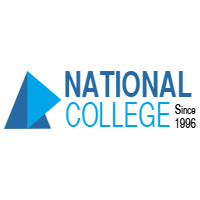

_1610252267.jpg)
